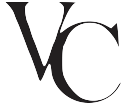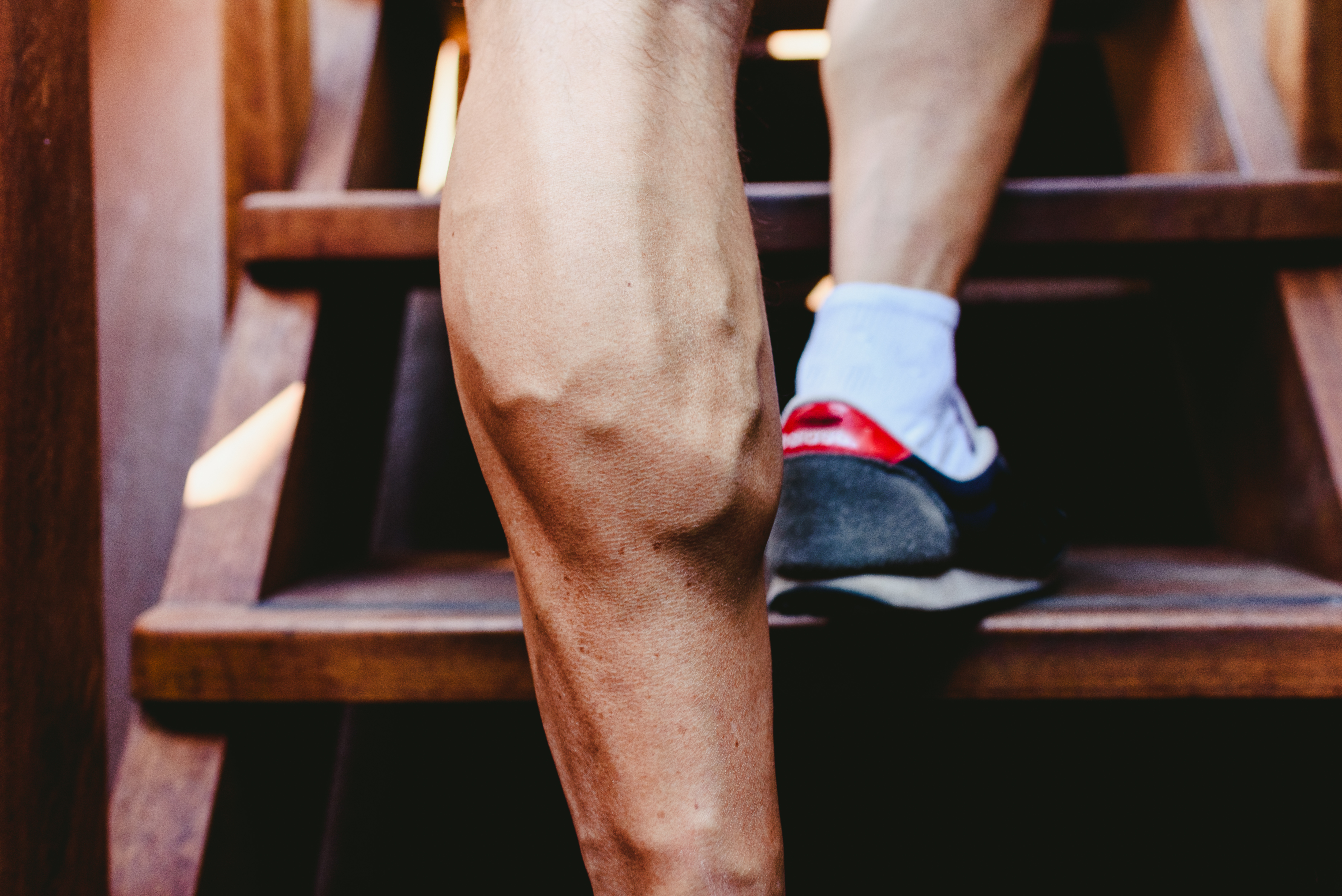A common misconception many people have is that vein treatments are just for women. This thought may be due to women having vein health problems after pregnancy or the desire many women have to get rid of varicose veins or spider veins, cosmetically. The truth is, though, that vein issues can happen in men and women alike. All bodies rely on veins to transport blood, oxygen, and nutrients through the body, which means that vein health should be on everyone’s radar, men included.
Cosmetic or More?
The appearance of varicose veins may not concern many men. While the visual presence of varicose and spider veins may very well not matter, the fact that you see them means something may not be right. Healthy veins transport blood to the heart and through the body. Visible, twisting leg veins are an indicator that the functionality is impaired in some way. Restricted blood flow can lead to swollen blood vessels, swollen limbs, pain, ulcers, and dire medical conditions. Venous disease affects nearly 30% of the population (1). If a blood clot forms, it can travel from the legs to the lungs. A clot traveling to the lung is called pulmonary embolism, and it is a severe condition that causes death in many cases.
Reasons Men May Develop Vein Health Problems
There are a handful of reasons men may develop, and many are for the same reasons women develop vein issues in parts of the body. Here are some common reasons varicose veins, chronic venous insufficiency, and deep vein thrombosis (DVT) may occur:
- Heart disease
- Leg trauma
- Old age
- Inactive lifestyle
- Obesity
- Paralysis
- Active Cancer
- Family history of the disease
- Major trauma
- Medications
- Height
Treatments Available for Men’s Vein Health
There are a handful of treatment options available to restore vein health. Many who are seeking treatment for their veins are looking for minimally invasive options. Treatment options for legs can be a simple as wearing compression stockings to keep veins in check or to help in healing from a procedure. Elevating your legs, drinking more water, and daily exercise can aid in good vein health. Treatment for varicose and spider veins may be this simple if caught early on. It is essential to visit a board certified vascular surgeon to asses your vein health. More serious health concerns need to be assessed via screenings. Blood clots are not visually detectable and can be deadly.
Other treatments include:
- Sclerotherapy: Sclerotherapy is a saline injection vein treatment. The injection causes the vein to collapse and be reabsorbed into the body. This treatment can help with small spider veins and small to medium varicose veins.
- Phlebectomy: This procedure is also known as “stripping.” The surgeon will make a small incision near damage and remove the entire vein.
- Radiofrequency ablation: This procedure uses a laser or radiofrequency energy. The inside of a vein is heated up, which destroys the wall. Eventually, the body will reabsorb the entire vein.
If you have never had a vein health check, please contact our doctors in Nashville, Franklin, and Brentwood, Tennessee. Our board certified vascular surgeons have the training required to scan for vein health problems accurately. Vein health goes far beyond the cosmetic surface.
Source: 1 Eberhardt RT, Raffetto JD. Chronic venous insufficiency. Circulation. 2014; 130(4):333-46



